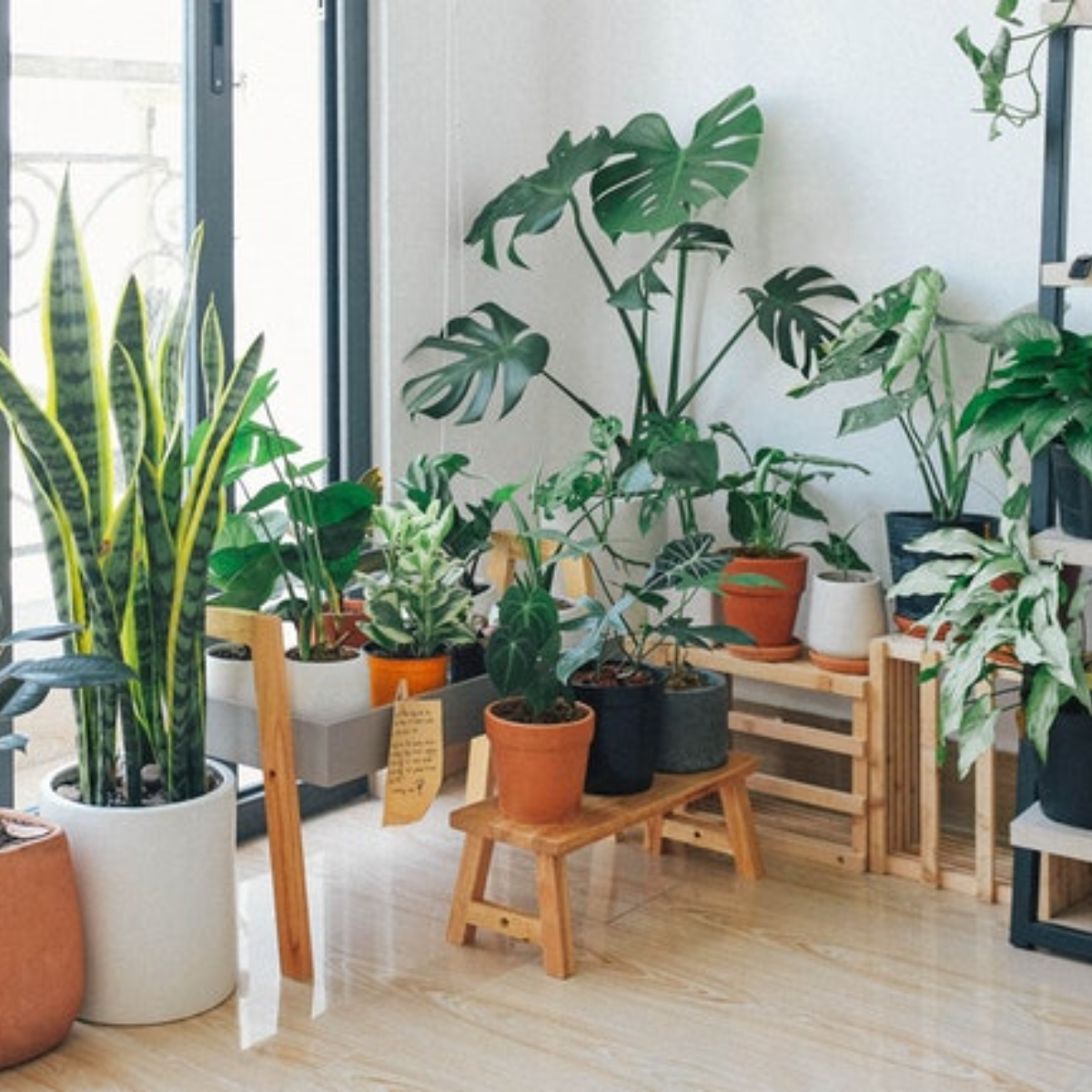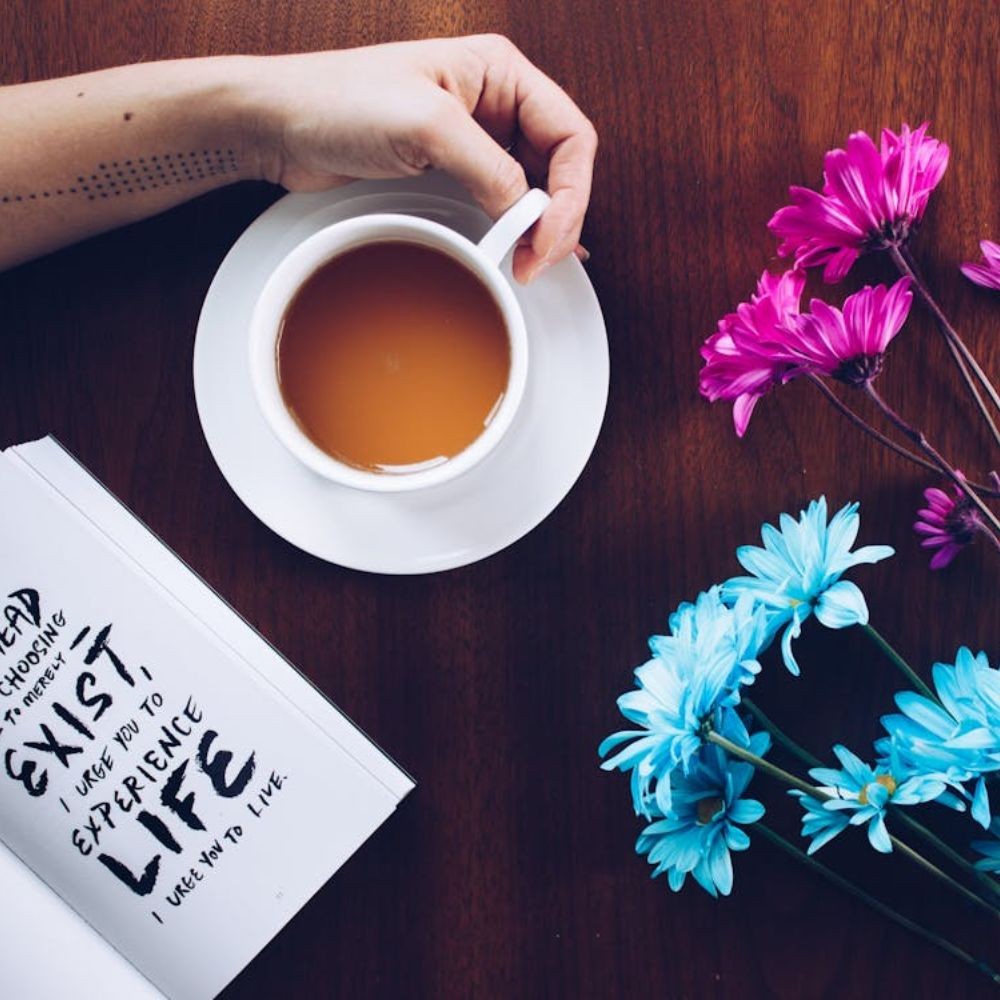EXCLUSIVE: Significance of plants and trees according to Vastu explained by an expert
While trees and plants at home does add to the aesthetics and is incredibly refreshing, it has significance according to Vastu as well!

All that green around can be really refreshing! You could be really lucky if you get a small garden around your house in densely populated cities. Most of us have to make do with some potted plants at home or on our window sills. Nevertheless, it is always a pleasure to tend to them and feel good when they are nurtured well. Apart from their natural beauty, the ancient science of Vastu shastra can additionally help us tap into their subtle energy resources in a positive way.
Vastushastra has prescribed various guidelines with respect to planting trees or shrubs around or in a house. It has also taken into consideration the effect of colors, thorns, oxygen emission levels of various plants, and based on that, we are happy to share the following tips:
Only small shrubs, flowering bushes or a lawn should be in the North-East of your house. This will result in providing more open space in the North-East, which is beneficial to usher in positive vibrations to your home

In the South East and North West direction, medium-size trees can be planted which will provide protection to the house from the rays of the setting sun.
The ideal placement of large trees should be in the South-West direction. Consequently, this region will get heavy and the house will naturally be protected from the harmful rays of the setting sun. It will also help in maintaining the heavy energy load in this direction which is conducive as per Vastu science.
Thorny plants like lemon, orange, jambul (java plum), cactus, and the plants from which white sticky liquid oozes should not be planted at all. Thorny plants represent negative energy.

Planting trees like drumstick, tamarind, babul, brahmarakshas, jambul (java plum), jackfruit, bananas, ‘bel', 'amla', 'shammi', pineapple, lemon, eucalyptus must be avoided. These are good for orchard planning or vegetation purposes and should not be around a residence/home.
Bonsai plants should be strictly avoided in or around the house. While they look good and many people use these as home décor, as per Vastu shastra, these represent slow and stunted growth.
Tulsi (sacred basil) and neem should be planted around the house (if possible near the kitchen) as these plants emit oxygen in abundance. You will also find Tulsi as a welcoming plant in the porch of our ancestral homes, symbolising auspicious energies to enter.

So these are some simple steps to be followed for making your garden, plot or your indoor plants Vastu compliant. Usher in positive energies with these Vastu tips and hope you all are happy having a green thumb!
About the author: Dr Raviraj Ahirrao is the Co-founder, VastuRaviraj
ALSO READ: ALSO READ: THESE are the things that can worsen your sleep apnea





 JOIN OUR WHATSAPP CHANNEL
JOIN OUR WHATSAPP CHANNEL












































